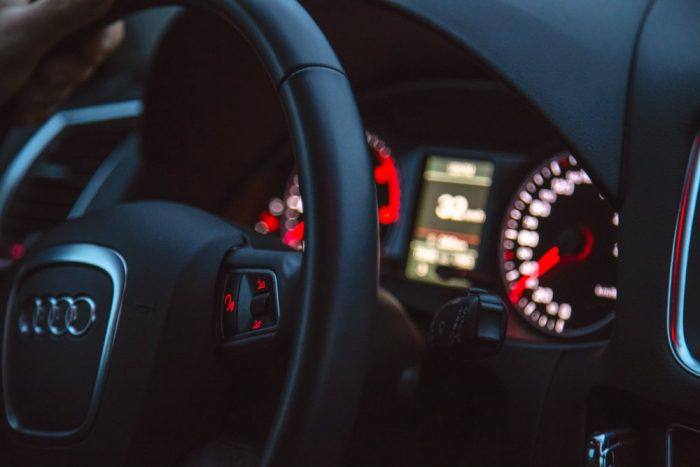The Internet of Things (IoT) has brought dramatic changes to many consumer industries. Nowadays, it’s not uncommon to see a fridge that tells homeowners when the milk is almost gone, or a ceiling fan that shuts off automatically to conserve energy.
But one could argue that no industry is shifting as quickly as automotive, with projections of 250 million connected cars by 2020. As the move to connectivity continues, the auto industry will be forced to keep pace by incorporating the latest IoT features.
From well-known tech companies dipping their toes into auto manufacturing to self-driving cars, IoT will eventually impact every component of the automobile world – including auto sales and dealer divisions.
Are you prepared? You should be. Get ready for IoT to influence automotive in these five areas.
Detailed Data is the New Normal
With the advent of connectivity, technology companies and carmakers can monitor customer data – like internet patterns and driving tendencies – like never before. Why does this matter? For starters, warranty providers will be able to tailor protection plans by analyzing individual driver habits, be it good or bad. In the age of connectivity, data protection plans are no longer just for mobile carriers; they’re an important tool for the auto industry.
Changing Competition
Heads up! Carmakers are now going head-to-head with tech giants like Apple and Google, and both companies are making waves with their own smart car prototypes. For automakers, this means additional competition. They’ll need to figure out how to navigate the new landscape to ensure customers have the latest technology at their fingertips.
But how?
By incorporating IoT and adding new connectivity features to their fleet of vehicles, automakers can take an important step in keeping up with the big tech innovators. But they’ll need to be mindful that with the same new tech comes bigger risk and extra responsibility in regard to vehicle safety. Dealerships should be prepared to include added protection in order to secure discrete driver data.
Modern Vehicle Protection
With the evolution of automobiles chockfull of IoT features, accompanying warranty coverage will also need to adapt to include updated protection. Salespeople who already understand the added value of protection plans for new car owners – additional revenue, increased customer satisfaction, and so on – should prepare for completely new manufacturer defects, user errors, and even unexpected damage that might come with IoT additions.
Consumers should prepare for these things as well.
New Revenue Streams
Typical consumer behavior works as follows: a customer purchases a new smartphone, which leads to additional purchases like apps, software, and data to make their mobile experience exactly what they want. While consumers are looking for apps and browsing on their smartphones, they’re constantly hit with ads and pop-up promos.
This same effect can be anticipated with connected vehicles, specifically self-driving models. Upon purchasing an IoT-capable vehicle, the sales cycle won’t end there. Similar to smartphone behavior, IoT features will be suggested as add-ons to a standard sale. What’s more, as self-driving cars continue to become a reality, in-car entertainment will be used to pull additional revenue streams via advertising on connected audio and visual components.
Online Vehicle Purchases
With all the chatter about connectivity, let’s not forget online shopping, quickly becoming a conventional method for purchasing vehicles. In fact, it’s been forecasted that by 2025 100 percent of all vehicle sales will be made online. That’s huge! By making online sales a priority, dealerships can stay in the race with customer demand rather than falling behind others in the market.
There’s no doubt this is a pivotal time for automakers and their dealers. The industry in on the brink of a major shift to modernization, and the opportunities for innovation are vast. With an awareness of what’s to come, you’ll be able to keep up with the auto industry’s adoption of IoT.
Scott McLaren is CMO for Fortegra Financial Corporation, a Tiptree Financial Inc. company (NASDAQ: TIPT). Fortegra and its subsidiaries comprise a single-source insurance services provider that offers a range of consumer protection options including warranty solutions, credit insurance, and specialty underwriting programs.




